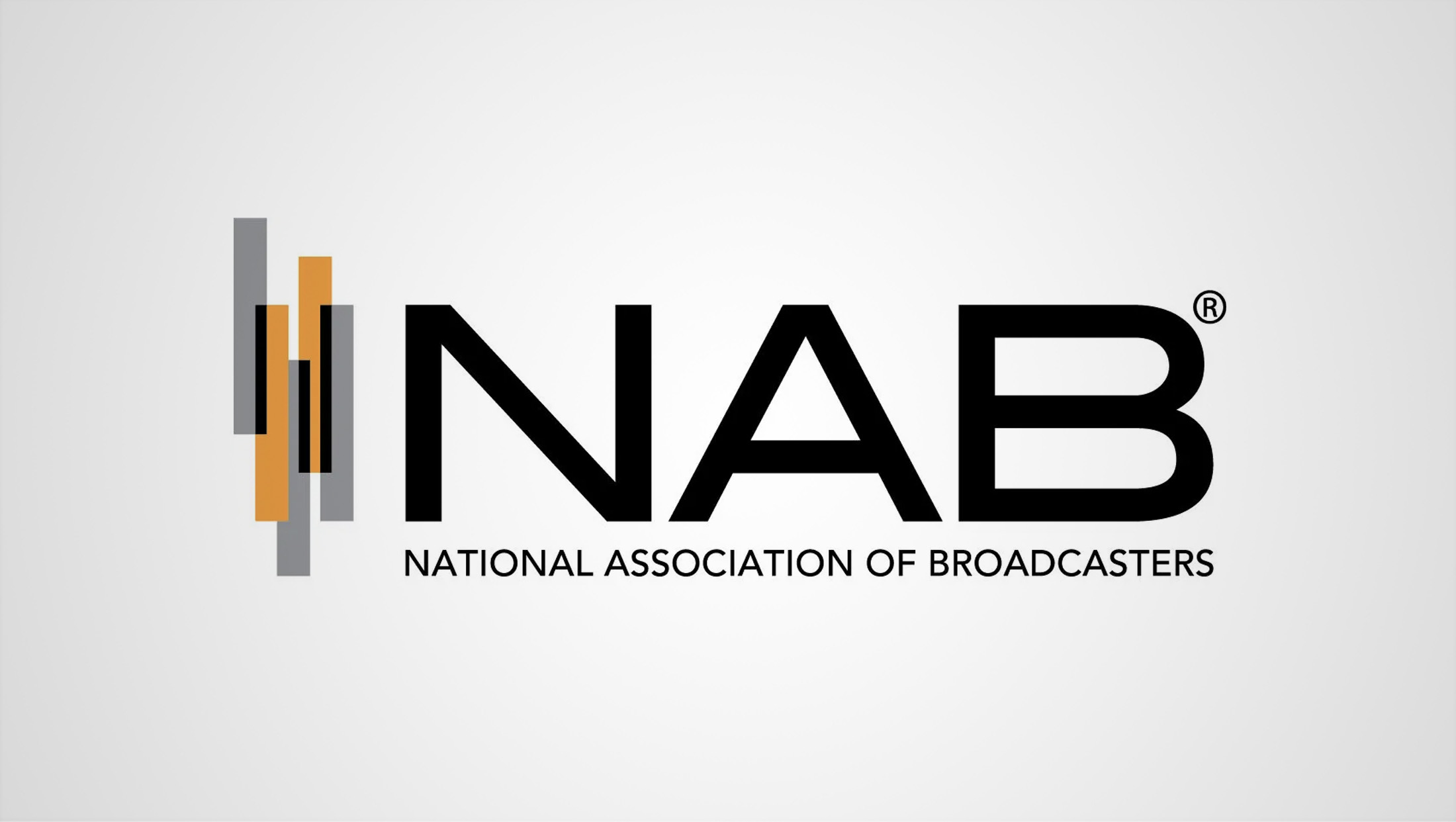NAB executive defends FCC authority to lift broadcast ownership cap

Weekly insights on the technology, production and business decisions shaping media and broadcast. Free to access. Independent coverage. Unsubscribe anytime.
The debate over whether the Federal Communications Commission can eliminate the national broadcast ownership cap has moved from policy arguments to questions of statutory authority, according to the National Association of Broadcasters‘ top legal official.
Rick Kaplan, chief legal officer and executive vice president of legal and regulatory affairs at NAB, published a blog post on Nov. 24 defending the FCC’s authority to modify or eliminate the cap. The rule currently restricts television broadcasters from owning stations that reach more than 39% of U.S. households.
“We’re now at the predictable moment in a Washington fight when the losing side abandons policy arguments and retreats to the last refuge of the desperate: ‘Well, it doesn’t matter anyway, the agency doesn’t have the authority to do this,'” Kaplan wrote.
The post argued that opponents of changing the rule have shifted their strategy after losing ground on policy objections. Kaplan characterized recent legal challenges to the FCC’s authority as procedural deflection rather than substantive argument.
“Right now, TV broadcasters are uniquely handcuffed by a national ownership cap that blocks them from reaching more than 39% of Americans,” Kaplan wrote. “Never mind the fact that every other broadcast TV competitor—streamers, cable channels, online platforms, Big Tech video services—face no such restrictions.”
Kaplan stated that larger broadcast companies would have greater financial capacity to support local programming.
“You don’t get more local journalism by forcing broadcasters to stay small and financially constrained,” he wrote. “You get more local news when broadcasters have the scale to afford it.”
The post did not provide data comparing local news output or investment levels between large and small broadcast groups, or evidence showing a correlation between company size and local news budgets.
Kaplan addressed recent arguments that the FCC lacks statutory authority to change the cap. He characterized this objection as “the administrative-law Hail Mary, thrown only when you know you’re out of real plays.”
“The FCC has always maintained, under both Republicans and Democrats, that it has authority over the national cap,” Kaplan wrote. He referenced a 2004 congressional action that modified the cap and exempted the rule from immediate quadrennial review requirements.
“Ending a routine review cycle is not remotely the same thing as banning the FCC from ever touching the rule again,” he wrote. “The statute doesn’t say that. It doesn’t hint at that.”
Legal scholars and advocacy groups have disputed this interpretation, though Kaplan’s post did not address their specific statutory arguments or cite court precedents supporting the FCC’s claimed authority.
Kaplan singled out Newsmax, a cable news channel, for opposing the cap elimination.
“Newsmax isn’t worried about local journalism; it’s worried about competition,” he wrote. “And it fears a stronger broadcast industry because a stronger broadcast industry could lead to additional conservative voices with larger audiences—voices with whom Newsmax would have to actually compete.”
In its July filing, Newsmax argued that relaxing ownership restrictions would reduce competition and viewpoint diversity. The company, led by Chris Ruddy, detailed concerns about broadcast station owners using local television leverage to favor their own cable networks during distribution negotiations.
Newsmax cited Fox Corporation and Nexstar Media Group as examples, claiming broadcast leverage has been used to disadvantage independent cable news competitors. The company’s filing also argued the FCC lacks authority to modify ownership limits without congressional authorization, citing the Supreme Court’s Major Questions Doctrine.
“Although Congress between 1996 and 2004 directed the FCC to review the Horizontal Cap, and explicitly gave the Commission permission to change it, in 2004 Congress unequivocally set the national audience reach limit at 39 percent and removed any authority for the Commission to adjust it,” Newsmax stated in its filing.
Kaplan’s blog post did not address the specific competitive concerns or legal arguments detailed in Newsmax’s filing.
The blog post asserted that larger broadcast groups would invest more in local news, but did not provide financial data or case studies. Research on the relationship between station group size and local news investment has produced mixed results, with some studies showing increased efficiencies and others documenting reduced local news hours following station acquisitions.
Kaplan’s legal argument rests on the FCC’s historical interpretation of its authority, but he did not address whether courts have ruled on this specific question or how recent Supreme Court decisions on agency authority might affect the analysis.
The FCC has not announced a timeline for potential action on the national ownership cap. The commission’s most recent media ownership review, initiated in 2022, remains pending.






tags
FCC, Mergers and Acquisitions, NAB, Newsmax, Rick Kaplan
categories
Broadcast Business News, Broadcast Industry News, Featured, Policy